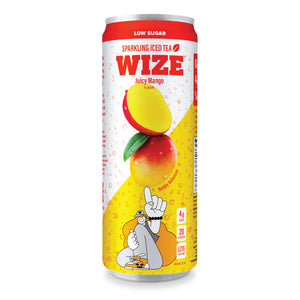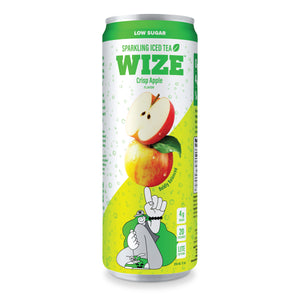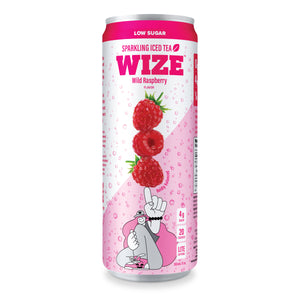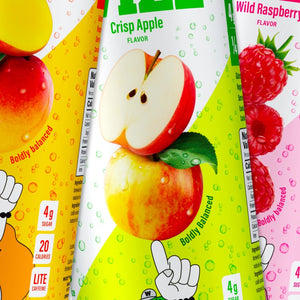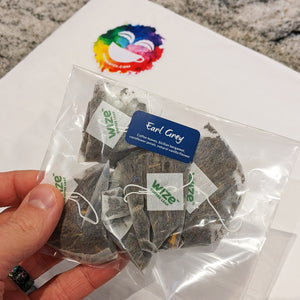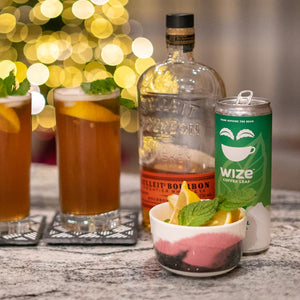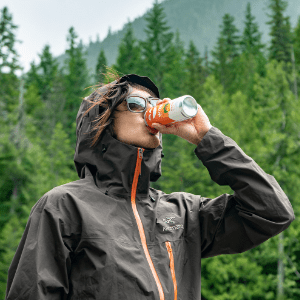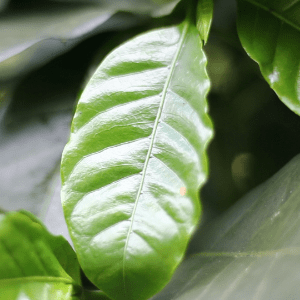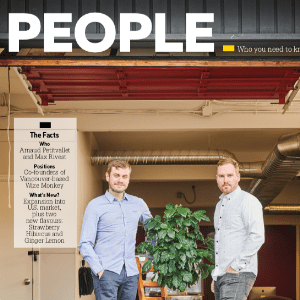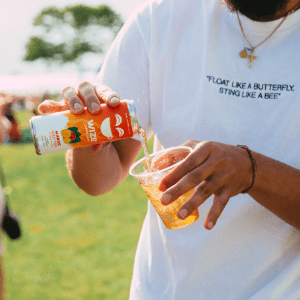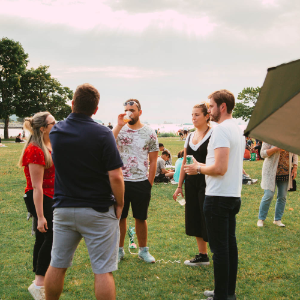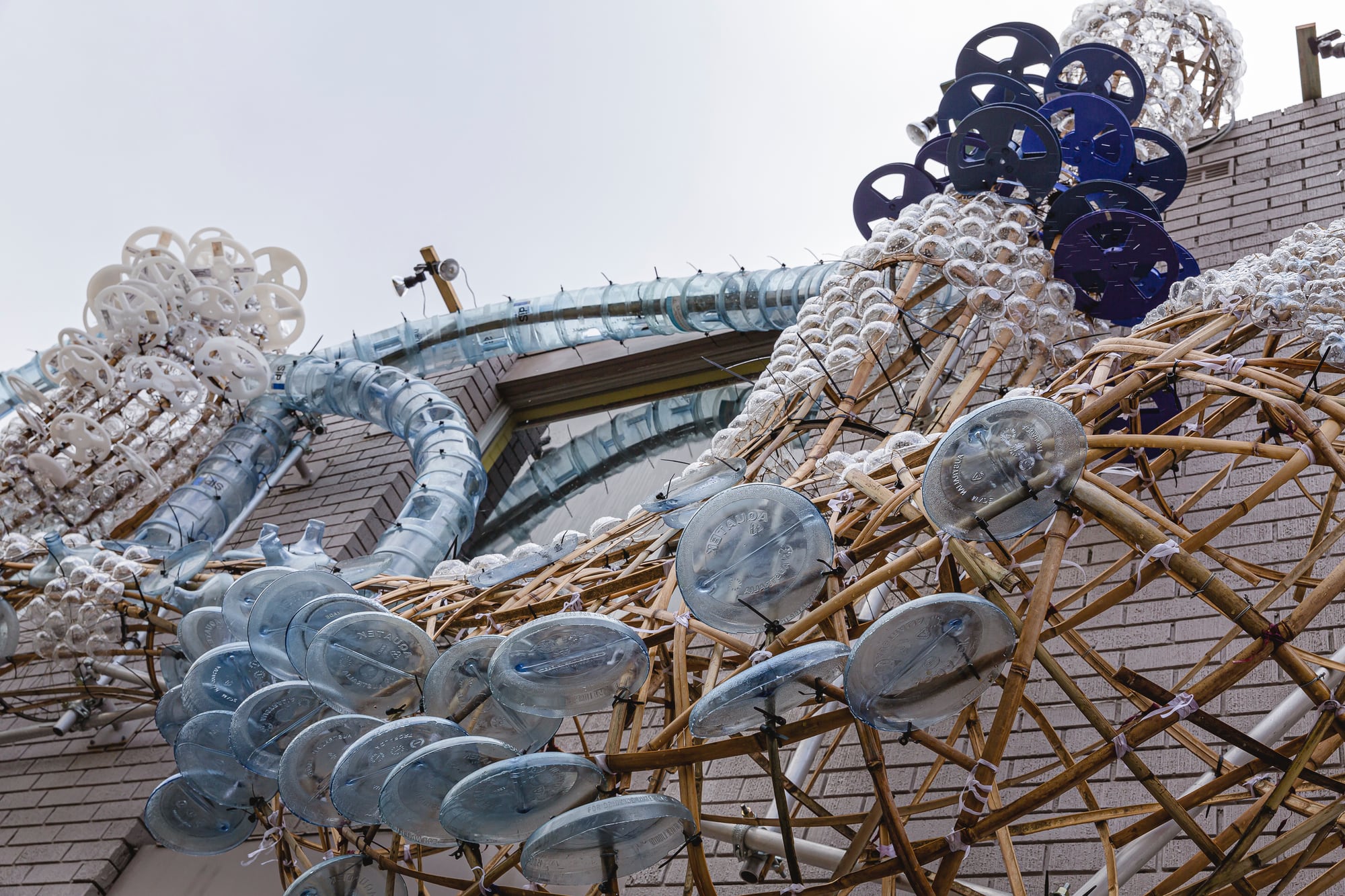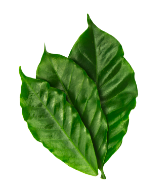Welcome to the 86th volume of WizeWorld: a collection of stories and sounds to round out your week, pique your curiosity, and widen your wizdom.
This week’s theme is the least we can do.
What’s your baseline when it comes to things like exercise, plastic waste, water usage, and more? It might feel simple, but sometimes focusing on where we can make small but sustainable choices can help the lead the way to a healthier, more stable future for everyone.
We’ll be looking at:
- The minimum amount of exercise we should all aim for
- An interview with Jacob and Lanie of Lit Fitness
- Leeroy New’s stunning structures made from discarded plastics
- Skate Wize, from Wize Collective athlete Tanner Tsuji
- The hydroponic wastewater system that provides clean water for Kenyans
Learn
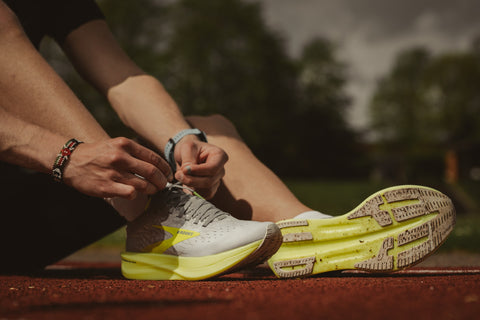
While we’re big fans of watching our favorite Wize Athletes hit the trails, slopes, surf, and more every year, those of us who are less athletically gifted may wonder if our morning jog really makes a big difference when it comes to living a longer, healthier life. The good news? It absolutely does. The New York Times reports that experts still agree that around 150 minutes of moderate exercise per week is what most of us should consider a great baseline. That breaks down to about 25 minutes a day with one rest day, or 30 minutes a day if you prefer to take the full weekend off. As for the definition of “moderate”, they argue that it’s anything that increases your breathing and heart rate, or that you would personally consider at least a five out of 10 on an exertion scale. And just that small amount of effort is linked to lower rates of stroke, heart disease, cancer, and type two diabetes. So lace up your runners with pride even if you’re never going to set a world record.
Connect

Enoy this interview with Jacob Soriano and Lanie Valencia of Lit Fitness in Surrey, BC. Jacob and Lanie both found their way into personal fitness through a love of dance that turned into a love of movement in general. They take great pride in building their business and seeing their clients succeed in their goals. In the long term, they’d love to open a gym but for now they’ve created an innovative app to book sessions and stay in touch with their members. When it comes to health, Jacob is all about moderation and Lanie prefers healthy, natural ingredients where possible—which is why you’ll find both of them sipping on a Mango Wize iced tea to keep their energy levels up throughout the day. Feeling inspired? Check out Lit Fitness here.
See
How often do you think about each and every piece of plastic you toss away or recycle? For many of us, it’s out of sight, out of mind—which is why Manila-based artist Leeroy New is forcing us to look at it again. He creates beautiful, twisting sculptures in and around buildings made of everything from water jugs to film reels, tubes, and bottles. The project is a personal one for New, as the Philippines has been identified as one of the countries most likely to be harshly impacted by climate change, second only to Japan. But New understands that it’s a global project—which is why you can find his thoughtful and thought-provoking structures everywhere from Sydney to London.
Listen

Vancouver-based skater Tanner Tsuji brings us Skate Wize. Hit play and you’ll find a collection of throwbacks ranging from 90s classics like Mark Morrison’s Return of the Mack to vintage hits including Frank Sinatra’s Autumn Leaves, with a little Gucci Mane and Future thrown in for balance. It’s an eclectic mix sure to please everyone and anyone. So grab a Wize iced tea, relax, and dive in.
Get inspired

Finally, Positive News brings us the story of eco-friendly startup Omiflo: a company that set up a wastewater filtration system at the Giraffe Center in Nairobi. Mshila Sio, the founder, said that the Giraffe Center wanted something green that would also save money, since many traditional systems are too costly. Her plant-based, hydroponic system filters wastewater that then gets used for flushing toilets, landscaping, and more. Its true innovation is that it requires no electricity or significant gardening experience to maintain. Small plants known as typha (or cattail) float on top of a pond and absorb oxygen from the air, the plants inject the oxygen into wastewater through their roots, restoring health to the water while adding natural beauty. According to Sio, the system can easily be used for private homes and eco-lodges, as well as wider municipalities.
Sign up for our weekly newsletter to get these hand-picked gems in your inbox every Friday morning.

